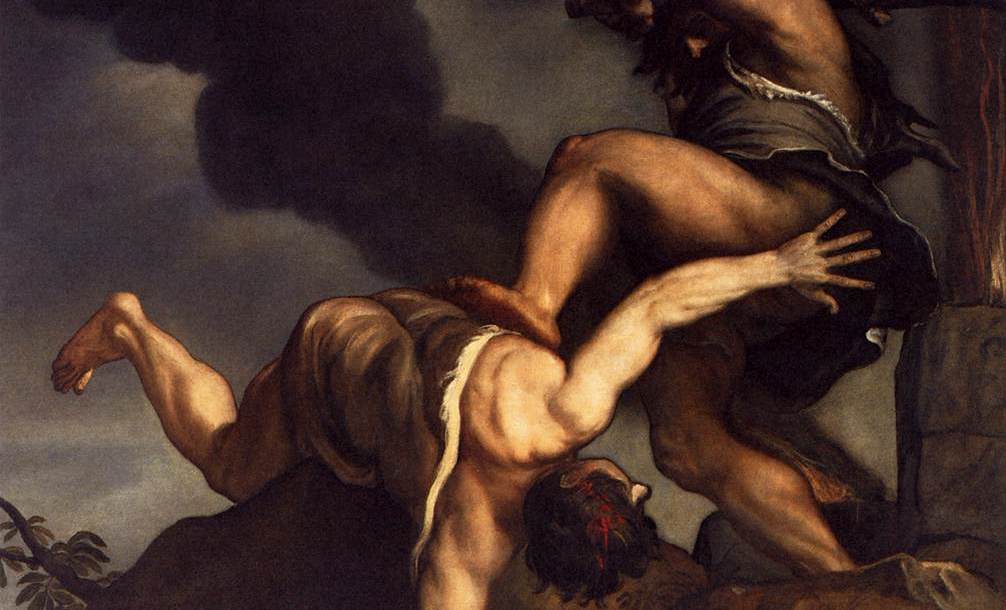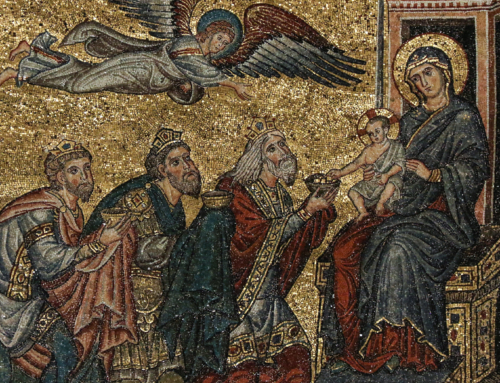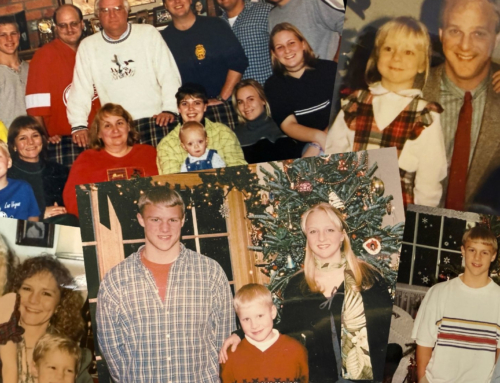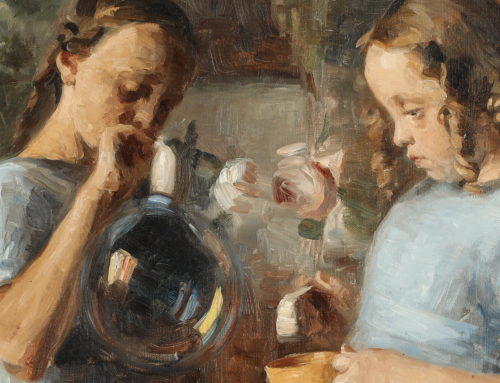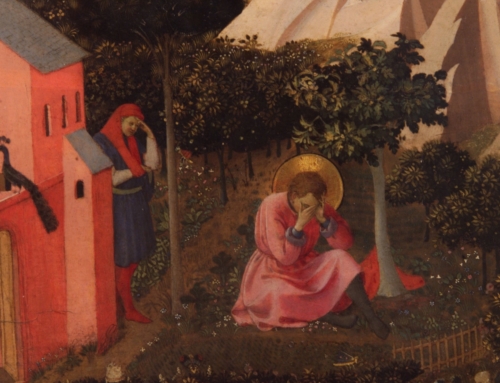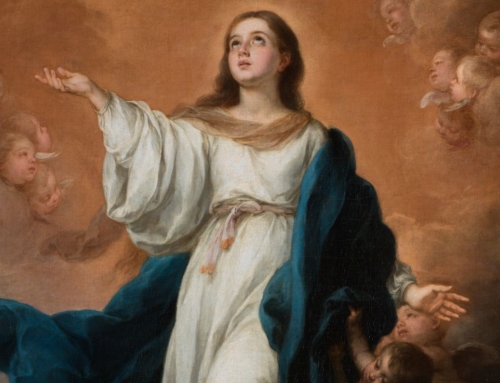Brothers do not have a good record in the Bible. The book of Genesis recounts time and again how sin corrupts fraternal love: Cain kills Abel, Jacob steals from Esau, Joseph is sold into slavery by his brothers. These conflicts arise because the brothers fail to rejoice in the good of their brother—something we all can relate to at times. It seems that brotherhood, by the damage done to human nature from sin, is in a state of disaster.
While we may not literally kill our brother like Cain did to Abel, we can at times be guilty of the cause of this fratricide—envy. After Cain and Abel go to offer sacrifices, “the Lord looked with favor on Abel and his offering, but on Cain and his offering he did not look with favor. So Cain was very angry and dejected” (Gen 4:4–5). What is peculiar is that the text gives us no apparent reason for Cain’s offering not being preferred by God. All we know from the text is that his offering is not preferred by God—but Abel’s was. Abel’s reward makes Cain angry. “Then the Lord said to Cain: Why are you angry? Why are you dejected? If you act rightly, you will be accepted” (Gen 4:6–7).
Cain does not answer God. Instead, he kills his brother (Gen 4:8). When God shows favor to Abel, Cain sees this as a threat to himself. Cain is envious of God’s love for Abel’s offering, which leads him to kill his brother. Wounded man cannot share God’s love—so insecure is he about the Father’s love that he sees other recipients of love as threats to his share. Cain’s dysfunction consists in viewing brotherhood as a competition for finite goods. The good of one brother is seen as a threat to the wellbeing of the other.
Unfortunately, viewing brotherhood as a competition for finite goods seems to continue in the New Testament. This same dysfunction appears in the parable of the Prodigal Son. After the younger, profligate son is forgiven by the father and given a party, the older son refuses to celebrate (Luke 15:20–24). His father tries to convince his eldest child to celebrate, but the son replies, “‘Look, all these years I served you and not once did I disobey your orders; yet you never gave me even a young goat to feast on with my friends. But when your son returns who swallowed up your property with prostitutes, for him you slaughter the fattened calf’” (Luke 15:29–30).
The older son, trapped in a horizontal, competitive view of brotherhood, has kept a list of both his merits and his brother’s faults. Tragically, he cannot even refer to his brother as “brother,” but merely as his father’s son. The father calmly reminds his son of the good which he has: “you are here with me always; everything I have is yours” (Luke 15:31).
What else is there to want? The father is offering secure, stable love. The older son has everything; his brother gaining something does not take away this good. The older son is wrong to feel threatened by the Father’s incredible act of generosity. Love is not a zero-sum game.
We might feel like the older brother, stuck with envy at the good of others. Is brotherhood fundamentally broken by sin? Are we confined to feel threatened by goods given to others?
Jesus Christ, our true brother, destroys this faulty conception of brotherhood as a contest for love. Our wounded, sinful state does not have to be the “new normal.” Jesus shows us that true brotherhood is a secure, mutual sharing of happiness—happiness rooted in the infinite Love of God, which is not a finite resource. Brotherhood is not a competition for love; brotherhood is a sharing in love. It is only when we are secure in this love that we can be free from feeling threatened by the goods of others.
We are all brothers because of the love of God the Father for us. It turns out that brotherhood does not have to remain broken after sin. Jesus Christ, in showing us the love of the Father, reveals that true brotherhood is beatific.
✠
Image: Titian, Cain and Abel

